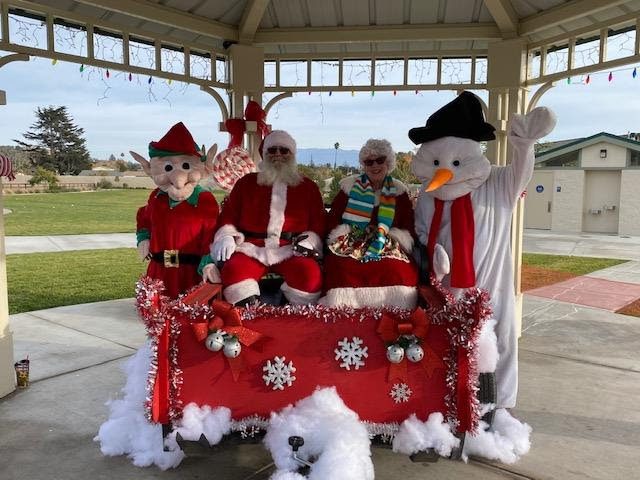By Sheila Benedict
Contributing Writer
This month’s column will begin to list both “brick and mortar” and online repositories of genealogy information, some free and some requiring a subscription.
To answer one question: There are laws that require some understanding from a genealogical and historical perspective. And a disclaimer: I am not an attorney and cannot, nor will I, answer legal questions. If something requires that type of assistance, I recommend discussing it with an attorney.
A genealogy researcher needs to know the laws that govern the documents and area where the research is located. For example, if you need a copy of a will or probate file in Virginia or Ohio, know the probate codes that govern how and where the documents were or are filed.
In California, there are very few cities that keep copies of civil events. Copies of birth records, and others, are at the county level, although copies of some are sent to the state. Experience suggests it is best to order from the county where the event took place. On the East Coast, one usually needs to go to the town to find records of interest. Privacy laws need to be reviewed for the areas where the research is being done.
There are also copyright laws that must be respected. If something is on a website or in a book that a researcher would like to copy and attach to their research, checking those laws is necessary. It might require asking for a copyright release from the owner of the text, website, etc. In addition, if someone uses passages from a book, etc., it is an absolute requirement that the source is correctly cited.
We begin with federal repositories and note that many of their databases can be retrieved online, from the archive itself or other databases that will be listed in a future column.
An example of nationwide availability is the federal population and other censuses from 1790-1940, found at libraries, Mormon family history centers, and online at both paid and free sites.
One database that is available only on site is the American Civil War Pension Files. The indexes are online, but the files are only in Washington, D.C., at the National Archives and Records Administration (NARA). It has two locations: National Archives I, 700 Pennsylvania Ave. NW, Washington, D.C., 20004 (www.archives.gov); and National Archives II, 8601 Adelphi Road, College Park, MD, 20740-6001 (www.archives.gov/dc-metro/college-park).
Check the websites to find out what collections are kept at each site and what can be obtained and/or ordered online. There are waiting periods to receive the files, so often people will hire someone to go to the archive and retrieve them.
In California, there are two regional centers: National Archives at Riverside, 23123 Cajalco Road, Perris, CA, 92570-7298 (www.archives.gov/riverside), and National Archives at San Francisco, Leo J. Ryan Memorial Building, 1000 Commodore Drive, San Bruno, CA, 94066-2350 (www.archives.gov/sanfrancisco).
Also in Washington is the Daughters of the American Revolution Library, 1776 D Street, NW, Washington, DC 20006-5303 (www.dar.org). There is also a Sons of the Revolution library in Glendale, Calif., and that information will be listed in a future column. Final word: Records and repositories require respect, due diligence, and accurate research. Your ancestors deserve no less.
If you have questions, please send them to news@santaynezvalleystar.com so they can be answered in future issues.
Sheila Benedict is a professional forensic and family genealogist. She is the author of “Research in California,” which she wrote in 2015 for the National Genealogical Societies Research in the States Series.




